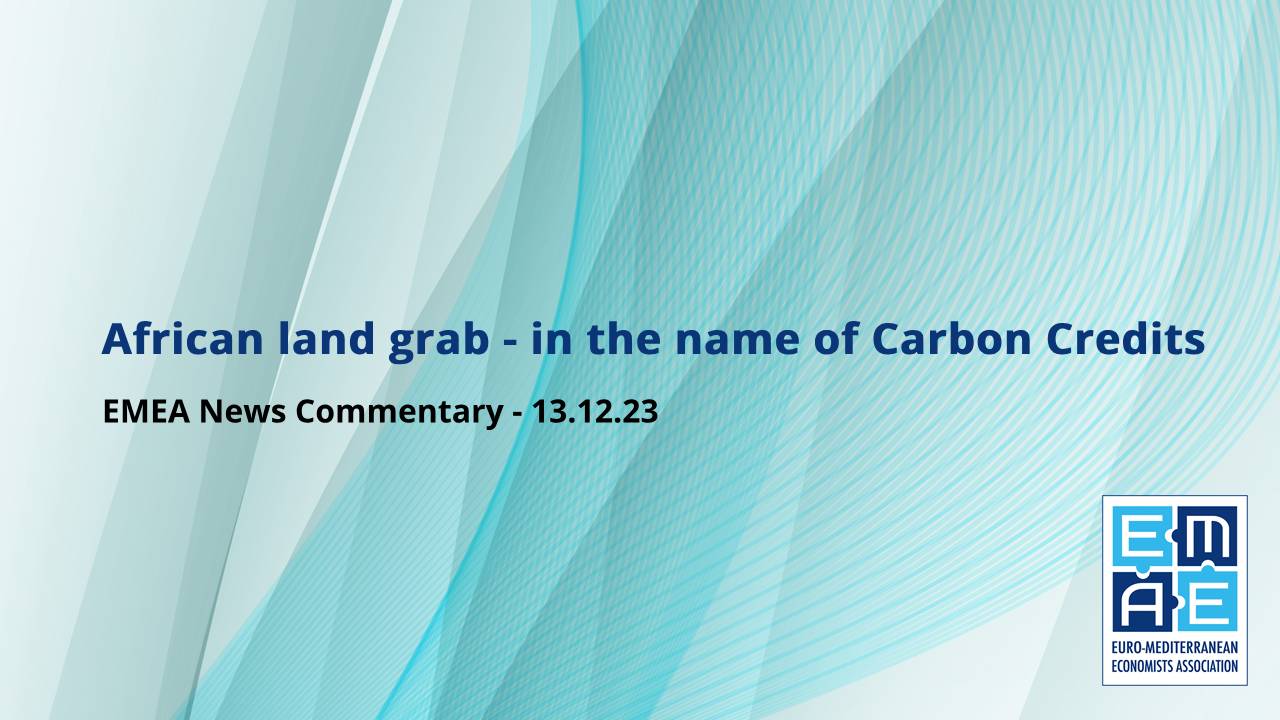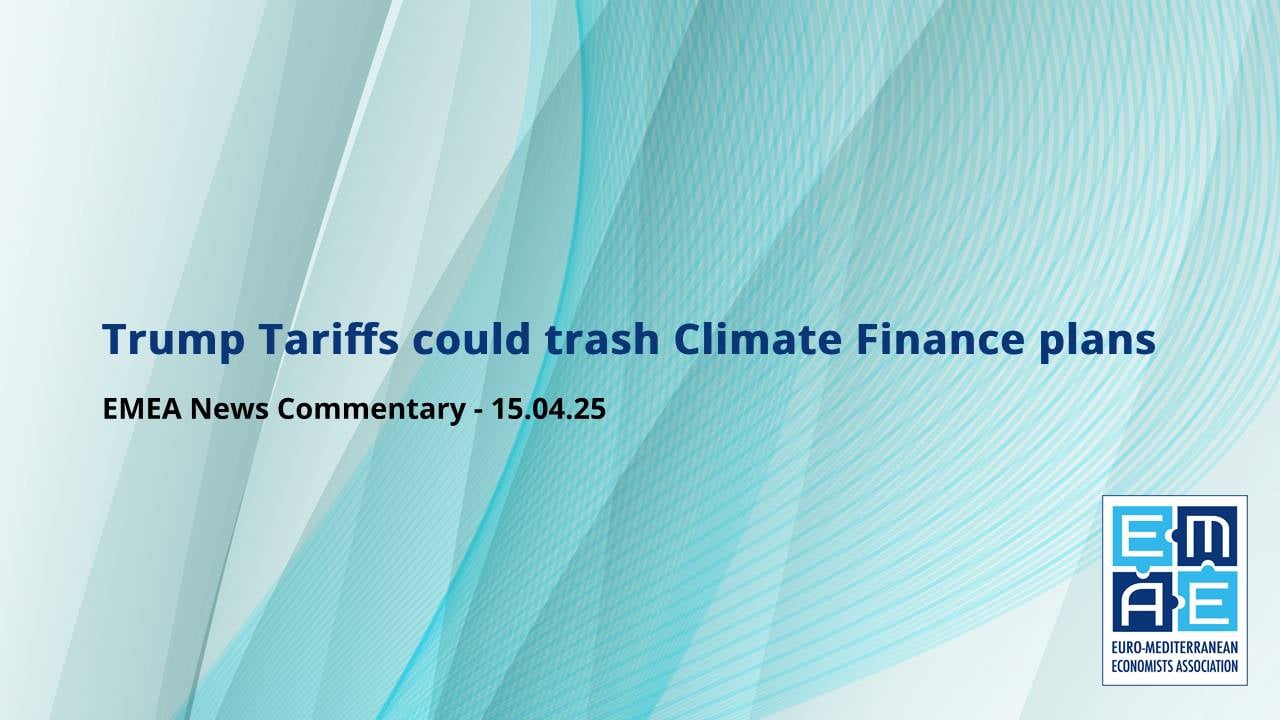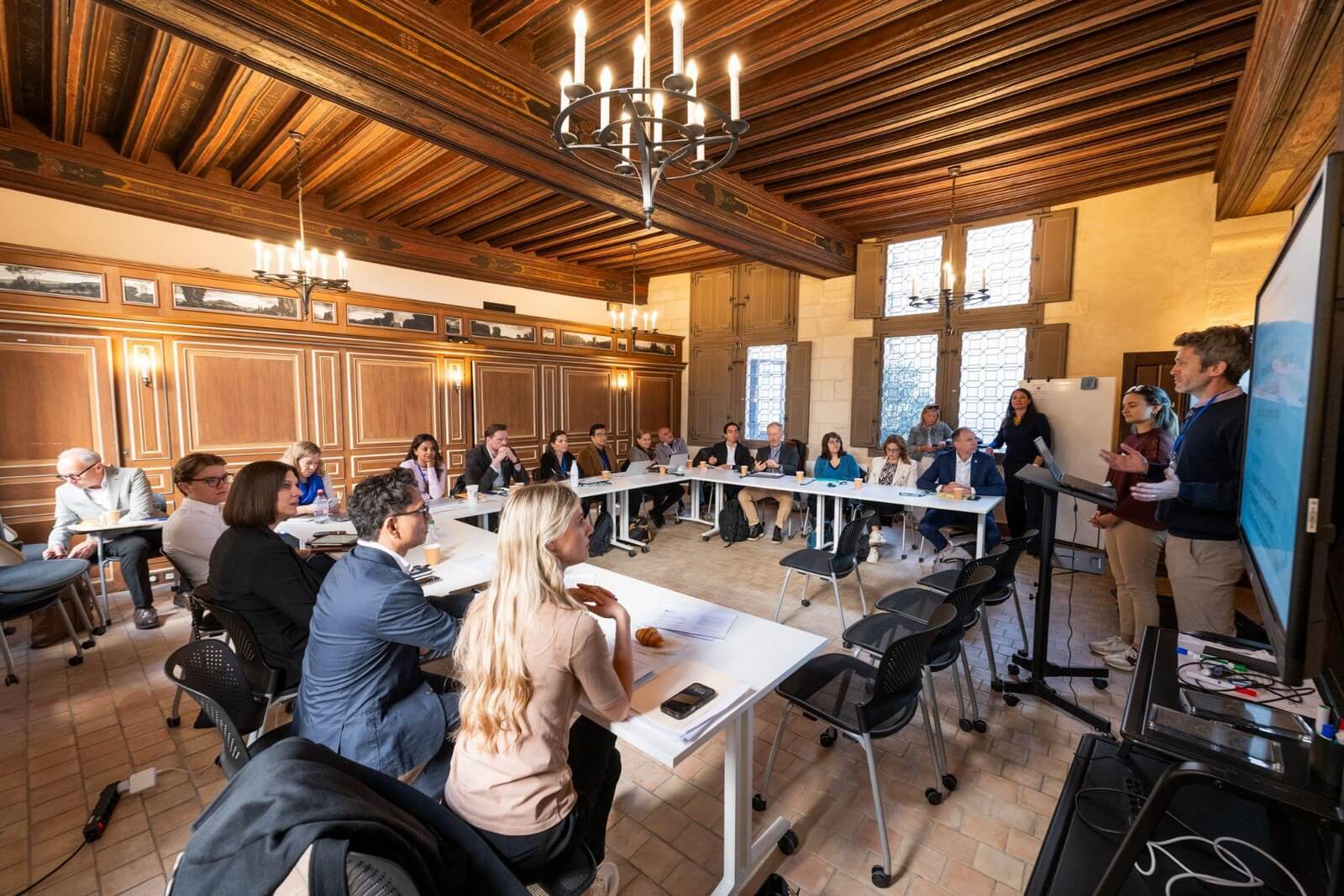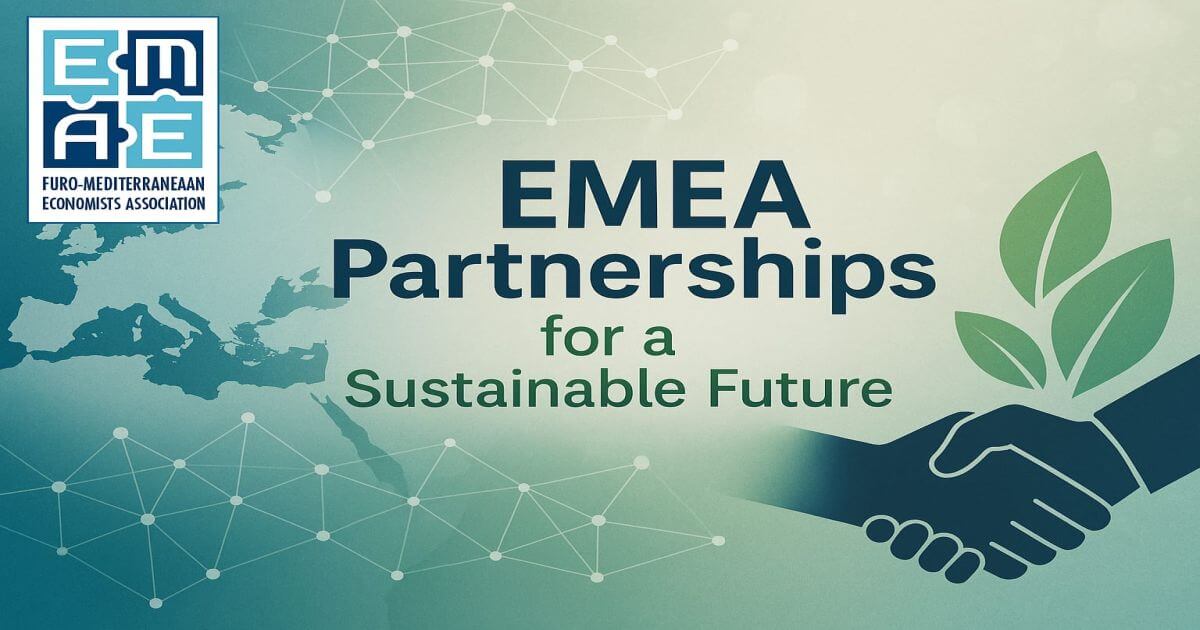With Dubai hosting COP28, the Financial Times has carried out an exposé of the controversial international carbon credit market, focussing on the activities of Blue Carbon, a UAE-based private company.
The business was founded by Sheikh Ahmed Dalmook al-Maktoum, a member of Dubai’s royal family, who is currently negotiating to secure management rights to millions of hectares of land in Africa. These extensive deals are reported to extend to one tenth of Liberia’s entire land mass, a fifth of Zimbabwe’s, as well as swathes of Kenya, Zambia and Tanzania.
The FT feature focussed on one particular area being targeted by Blue Carbon in the Liberian Gbi-Dorun rainforest region. The local towns have been kept in the dark about the specifics of the deal and carbon credits in general.
Described as being “amongst the most active private brokers”, Blue Carbon plans to sell the emission reductions linked to forest conservation in these regions as carbon credits. All this would be agreed under an unfinished international accounting framework for carbon markets, being designed by the UN and under discussion at COP28.
Governments keen to become involved
According to the FT, the UN framework would “sound the starting gun” on a new market in carbon credits. This would allow the 195 countries who signed the 2015 Paris Agreement “to shrink their own carbon footprints by buying emission reductions from others.”
Any country exceeding future emission targets and becoming greener, e.g., through implementing re-forestation projects that soaked up carbon stocks, could sell any additional reductions to other countries.
The existing international carbon credit market is estimated to be about $2bn, with about 40% of credits related to nature restoration schemes. Now, as pressure grows to reduce worldwide carbon emissions by 2030, national governments are said to be “rushing to become involved.”
“There has been a new rush for access to resources in countries rich in biodiversity,” the FT reported, with South Korea, Switzerland, Japan, the UAE and Singapore being cited as examples of nations said to have struck 475 preliminary deals since 2021, to buy future emission reductions from countries, including Ghana, Vietnam and Senegal.
The anticipation is that “a carbon credit boom could channel money towards poorer countries with smaller carbon footprints and higher financing needs, to help them address the effects of increasingly extreme weather and temperature changes.”
Vague and unpredictable promises to local communities
But with many seller countries inexperienced in formulating equitable national resource strategies around issues such as revenue-sharing and land rights, this has “sparked concern about a lack of guardrails around this system.”
Liberia, as an example, does not yet have a law governing the sale and taxation of carbon credits.
David Young, an independent expert on civil society’s role in forest governance in the country said: “The [methods] of exploitation might be new but the consequences are not so different to the last 200 years of land grabs in Liberia. The promises to the communities are vague and unpredictable and it’s like logging or mining or palm oil all over again.”
The FT also revealed that scientists have warned about the broader risk to the planet of giving major polluters free rein to keep pumping oil and gas based on purchases made from the existing unregulated market for credits.
Thales West, of Vrije Universiteit Amsterdam’s Institute for Environmental Studies, argued that the market was underpinned “by tenuous accounting standards, based on scenarios that overestimate both volumes of carbon removed from the atmosphere and the permanence of these removals.”
He added: “We are fooling ourselves when we purchase these offsets.”
Carbon credits part of the UAE’s national strategy
Alongside investments in hydrogen gas and decarbonising steel production, carbon credits have formed part of the UAE’s official strategy to cut its national emissions by 2030.
In October, the UAE’s voluntary carbon markets supremo, Mohamed Ben Salem, said he wanted to see a 50-fold increase in the size of the global carbon credit market. Re-forestation is likely to be a central part of future plans.
A recent peer-reviewed study in Nature journal estimated that 139 gigatonnes of carbon could be removed from the atmosphere by better protecting sparsely populated, existing forested areas. According to the UN’s environment programme, if this was accomplished it would be more than six times the amount of carbon that needs to be cut from annual emissions by 2030, to keep global warming limited to 1.5˚C above pre-industrial levels.
Some of the earliest carbon credit deals have been criticised for lacking transparency and accountability.
The FT said it had seen documentation giving Blue Carbon exclusive rights to generate and sell carbon credits on about one million hectares of Liberian land. Apparently, the company would receive 70% of the value of those credits for the next 30 years, with the added incentive of selling them tax-free for a decade.
The remaining 30% would go to the Liberian government, with some of this feeding back to local communities – although as yet, local leaders don’t appear to have been consulted. Blue Carbon has denied failing to consult with communities, saying it would follow all government laws, rules and regulations.
Activist groups, including the Rainforest Foundation UK, Friends of the Earth and Earthsight have criticised the deal. In their view, allowing a foreign company to manage such a big portion of Liberian land would endanger the livelihoods and community land ownership of up to a million people.
The government was “handing over decisions about how a substantial part of its carbon emissions for the next 30 years are to be managed [to] a UAE firm that has existed for less than a year and which has no track record in carbon trading,” they wrote.
Meanwhile, the Liberian government was said to be working on developing a legal framework for carbon developers that highlighted “carbon belongs to the state.”
Untold wealth “hard to turn down”
The article also referenced Surinam in South America, a country “almost entirely covered in tropical forest” as being another approached by Blue Carbon. It was said to be considering the company’s “latest offer” associated with 4.8 million credits connected to national deforestation reduction.
A Surinam Government adviser said that given the “untold wealth” of the Dubai Royal Family, such offers were hard to turn down.
The FT also reported that Tanzania had recently imposed a tough taxation regime for carbon credit trading, with the local authorities receiving 61% of future carbon credit sales. This had come into force just before Blue Carbon signed a memorandum of understanding to develop eight million hectares of Tanzanian forest.
Elsewhere, in Honduras, one tenth of the army is said to have been deployed to protect its forest stock and to boost its chances of selling deforestation reduction credits to richer countries in future.
The paper said it wasn’t clear how large a proportion of Blue Carbon credits s would be sold to the UAE or further afield. Claiming to be acting in the name of “climate justice”, the company told the FT it had a diverse customer base and operated independently of the Dubai Government.
Loss of carbon credit appetite
Whilst the COP28 negotiations have prioritised strengthening the governmental carbon credit trading framework, Dirk Forrester, head of the International Emissions Trading Association representing carbon traders and developers, said developing countries were losing investment – because of a slowdown in appetite for carbon credits in voluntary markets.
In particular, scientists have complained of “various flaws” about issuing credits that rewarded developers for protecting a forest from “hypothetical future deforestation.” But Verra, the largest accreditation body for voluntary credits, denied claims that it had over-credited projects, based on inflated projections of future deforestation.
The UN supervisory bodies, tasked with rewriting the rules for the international carbon credit market, hope Summit negotiators “convene on a common standard.”
One representative said she hoped the UN’s mechanisms “would one day eclipse the private sector approval systems for credits that have been tarnished by controversies in the past year.”
Gilles Dufrasne, a policy lead at the non-profit Carbon Market Watch, said that whatever future terms were agreed, poorer countries would continue to be attracted to carbon credit deals, because richer counties hadn’t delivered on climate change finance. “The only system that seems mainstream and hyped at the moment is carbon credits,” he said.





